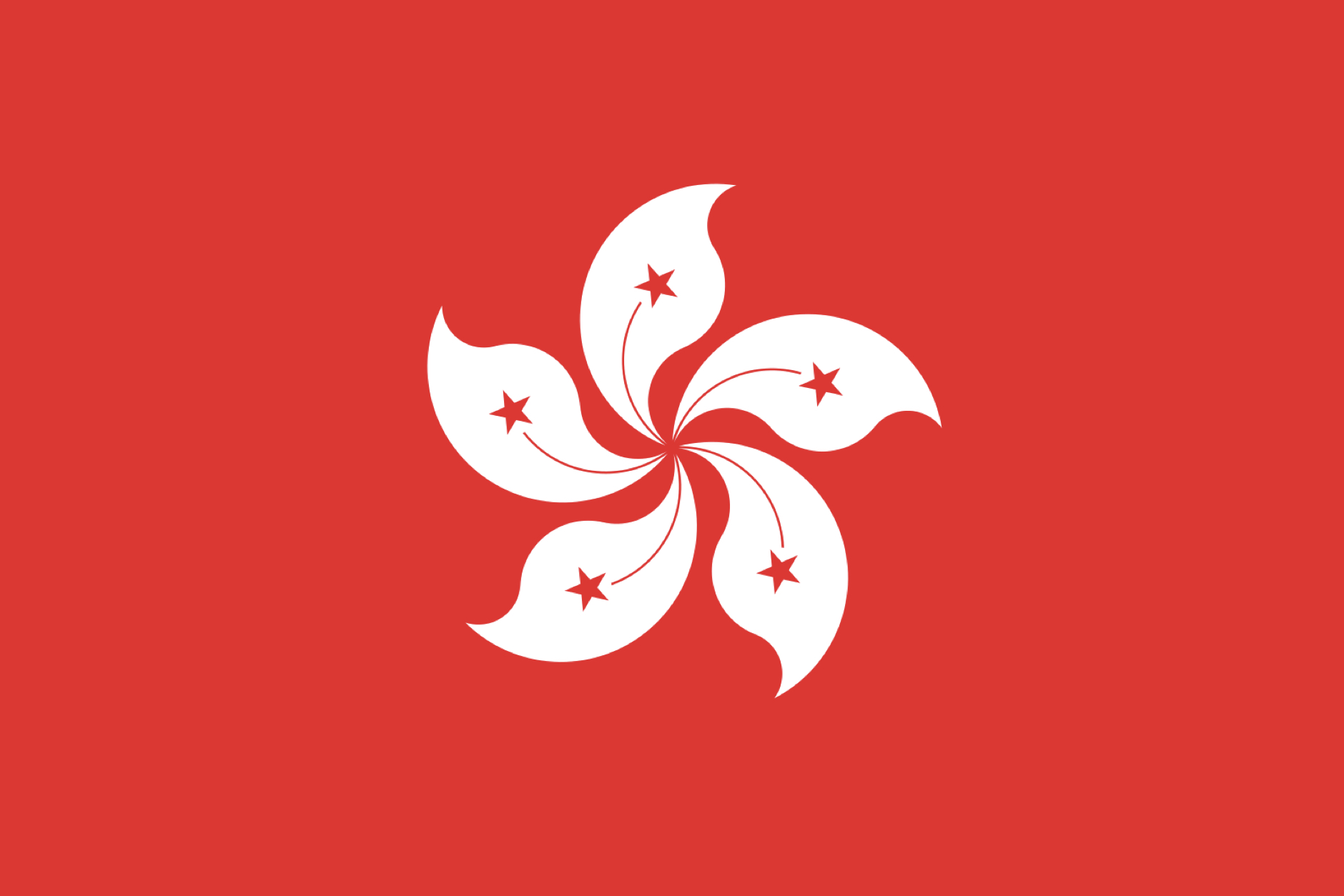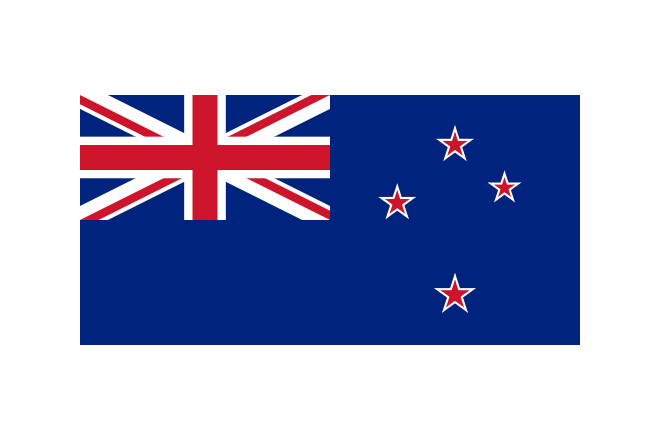Hong Kong is considering banning those born after a certain date from ever being able to purchase tobacco products, introducing plain packaging for tobacco products, increasing tobacco taxes and more.
It’s all being considered as part of a wide-ranging survey from the Hong Kong Health Bureau as part of its Public Consultation on Tobacco Control Strategies, a survey that takes place between July 12-Sept. 30, 2023. Hong Kong’s government has set a goal of reducing the percentage of adults who smoke from 9.5 percent in 2021 to 7.8 percent by 2025. To do so, it is exploring four strategies:
- Regulate Supply, Suppress Demand
- Ban Promotion, Reduce Attractiveness
- Expand No Smoking Areas, Mitigate Harm,
- Enhance Education, Support Cessation
The first two strategies mentioned for reducing tobacco use are increasing taxes and introducing new age restrictions.
“With the efforts on education and publicity over the years, the smoking prevalence of youth in Hong Kong has dropped to a low level,” said the document, though the government also believes that increasing the minimum age to purchase tobacco from its current requirement of 18-years-old to 21-years-old wouldn’t be effective. So instead, it’s considering what’s known as a generational tobacco ban.
A generational tobacco ban is a law that says anyone born after a certain date is banned from ever purchasing tobacco products. One was passed by New Zealand late last year and recent efforts have been made to introduce additional bans in other countries, including bills in California, Hawaii and Nevada introduced earlier this year.
The generational ban is just one of a litany of strategies mentioned in the document. Other regulations being considered include plain packaging, restrictions on retailers displaying products, nicotine limits and higher tobacco taxes, something that could be a concern for Cuban cigar smokers outside of Hong Kong.
Last year, Habanos S.A. announced a new “global pricing standard,” which massively increased prices of Cuban cigars around the world, oftentimes doubling or tripling the costs of Cohiba and Trinidad cigars.
As part of the “global pricing standard,” the company said it was attempting to make prices uniform from country to country while using Hong Kong as the basis for the new prices. In reality, the prices are not uniform from country to country, inevitably partly because of the vast differences in how different countries tax cigars.
So far, it seems that Habanos S.A. isn’t mirroring prices in Hong Kong. Earlier this year, Hong Kong increased tobacco taxes by 31 percent, which—in theory—should have meant a price increase from Habanos S.A., though there’s no evidence the company adjusted prices due to that tax increase.


